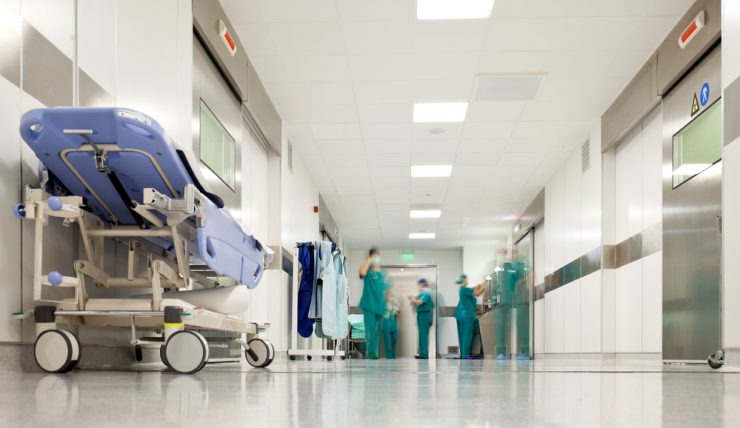Psychosis is a condition when a person is not able to differentiate between imaginary and real things. The ones who are affected in this manner are called as psychotic and they often experience hallucinations and delusions. Usually psychosis is a condition that indicates as a symptom of other mental disorders like schizophrenia or manic depression. It can also be due to Parkinson’s disease, drugs or alcohol. It is important that the affected person should be treated immediately. It is estimated that one in every two hundred people in the UK experience psychosis. It may be just once or a number of times in their lifetime. The only short-term treatment is medication and the long-tern treatment depends on the cause of psychosis. It is to be noted that a person affected by psychosis is different from a psychopath. A psychopath is one who has an incurable anti-social tendency and shows complete disregard to the consequences of his action. People with psychosis, on the other hand, can be completely cured.
Symptoms
The main symptoms of psychotic episodes are hallucinations, delusions, disturbed and confused thoughts and no self-awareness and insight
Hallucinations such as sight – seeing different colours, shapes and imaginary people, sounds – hearing different voices that are teasing, angry or unpleasant, touch – having a feeling as though insects are crawling on you, smell – unpleasant or strange smell and taste – having an unpleasant taste in the mouth
Delusions such as paranoid delusions like having a feeling that a group or an organisation is plotting to kill him or hurt him. Delusions of grandeur like thinking he (the affected person) is having an imaginary power
Confusing thoughts are nothing but disruption in the thought process. It can lead to speech problems, random blabbering, and loss in train of thought.
Lack of insight – the behaviour of the person becomes strange and they are not capable of recognising their illusions and hallucinations.
Causes of psychosis
Psychological causes – such as schizophrenia, extreme stress conditions or anxiety, bipolar disorder, depression and loss of sleep.
General medical conditions – malaria, HIV/AIDS, Alzheimer’s disease, Parkinson’s, syphilis, hypoglycaemia, lupus, Lyme disease, brain tumours, multiple sclerosis.
Substances causing the condition – drug abuse, alcohol, amphetamine, cocaine, cannabis, MDMA, LSD, ketamine, psilocybins, crystal meth. Tranquilisers, anti-depressants, L-dopa, anticholinergics, anti-epileptic medications can cause this condition as a side effect.
Treating psychosis
Treatments given are as follows: –
Antipsychotics – They are of two types, typical antipsychotics and atypical antipsychotics. However, these medications have side-effects like shaking, drowsiness, trembling, spasms, and twitching muscles, gaining weight, blurry vision, dry mouth, constipation, and very low sex drive.
Psychological treatment – this involves counselling sessions, and also cognitive behavioural therapy or CBT. This assists in reducing the anxiety levels and their intensity that is brought about by psychosis.
The mental health act – in cases where the mental condition is very severe, the patient may be retained at a hospital or a psychiatric clinic, by order of the Mental Health Act.
Preventing psychotic episodes
Avoid stress situations and going into depressions – these are the main causes for a person developing a mental condition. Therefore it is advised to detach oneself from stressful environments and live a tension free life.











